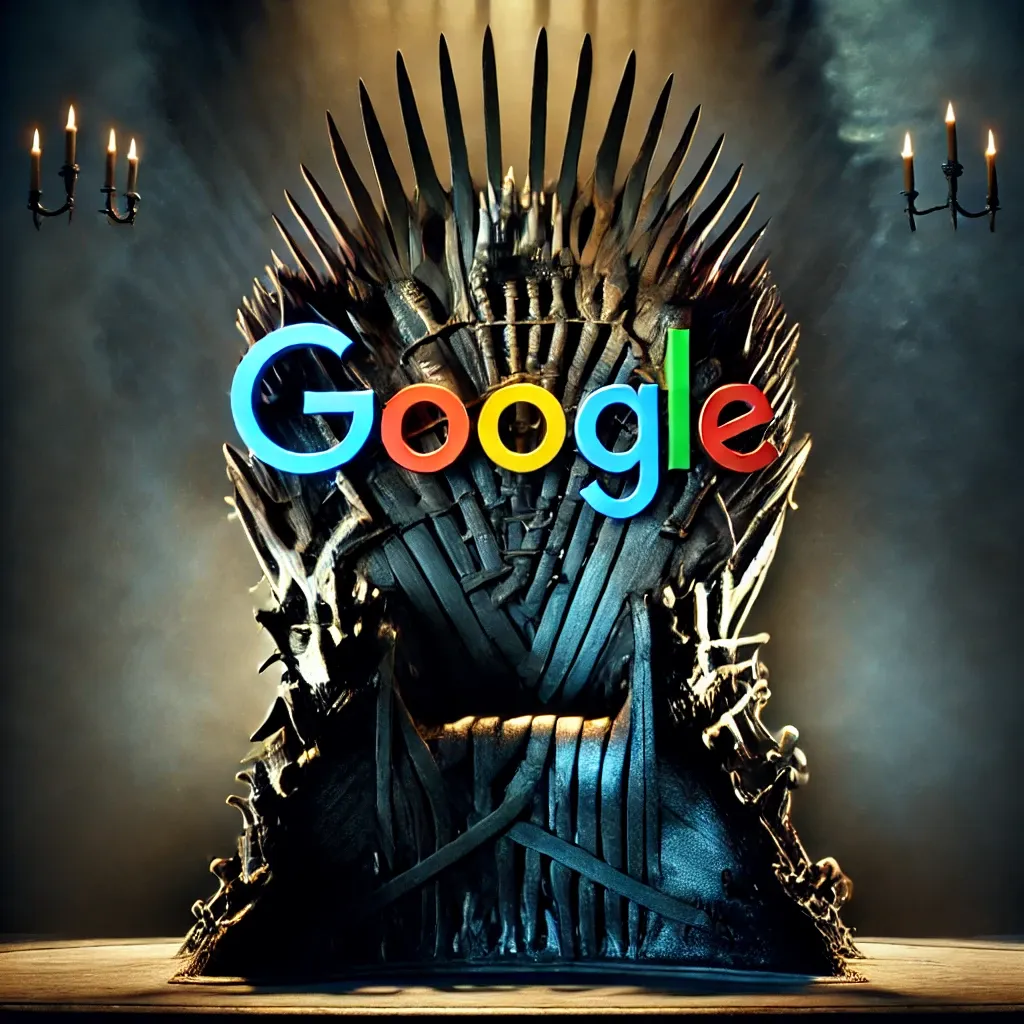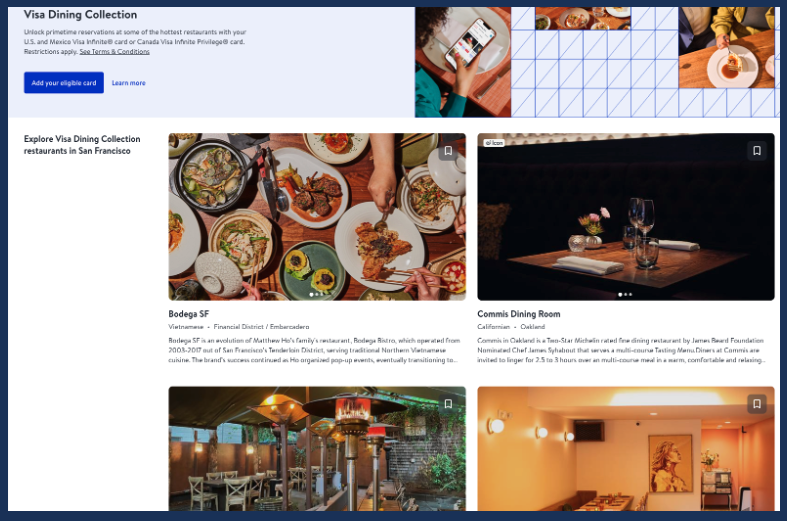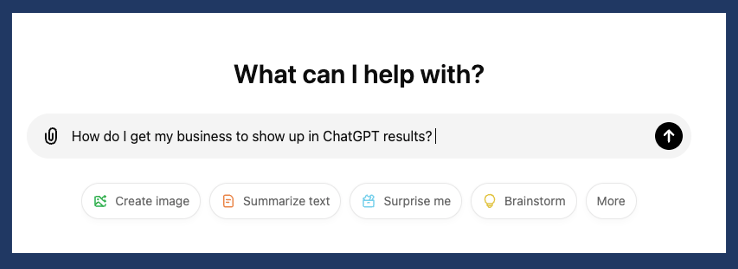Raghavan Outfoxed, OpenTable's Back, LLinkbuilding

Raghavan Outfoxed
I met Nick Fox years ago, when he gave me a short demo of what became AdWords Express. He was matter-of-fact and unassuming. Now he's Google's new head of search and reportedly one step away from CEO Sundar Pichai's job. Fox replaces Prabhakar Raghavan, who now becomes Chief Technologist. Raghavan had become a controversial figure of late. According to Ed Zitron, citing anti-trust trial documents, Raghavan sought to boost query volume and pushed a "growth at all costs" mentality at Google, allegedly resulting in the widely perceived decline of search quality. Pichai spins Raghavan's move as "a big leap in his own career." But it's clearly a demotion and likely a segue to an eventual departure from Google. The executive shuffle is part of a larger reorg, seeking to make Google more competitive for the AI era and remedy some of the organizational issues that have hampered Google as it seeks to beat back the ChatGPT threat. The other "winner" in the reorg is Google DeepMind co-founder and CEO Demis Hassabis, who has steadily accrued more responsibility and is mentioned as another potential Pichai successor – perhaps more likely than Fox at this point.

Our take:
- Many people had knives out for Raghavan. But I think he's partly being scapegoated for problems that are more cultural-structural in nature.
- Fox will be less of a lightning rod but under pressure to repair Google Search's reputation, as well as keep delivering strong revenue growth.
- Fox joined Google in 2003 and knows all facets of the company. Unfortunately, however, like Pichai and Raghavan, Fox was originally a McKinsey consultant.
OpenTable's Comeback
Fading incumbents rarely come back. But OpenTable is making a credible go at it. The company had seen its brand and marketshare erode amid intensifying competition from newer companies such as Resy, Tock (now both owned by American Express). However, OpenTable is making aggressive moves to reinvigorate its business, including high-touch recruitment of marquee restaurants, flexible pricing, improved technology, special programs, marketing incentives, new partnerships (Visa), and a renewed focus on service. Personal attention/better service and pricing changes were cited by some top restaurants as key to their shift to OpenTable. OpenTable went from a SaaS fee plus reservation charge to tiered pricing, which is more restaurant friendly. These changes have led some of San Francisco's most popular restaurants to defect from other platforms to OpenTable, which still has the largest booking inventory in the business but was no longer seen as "cool." OpenTable was founded in 1998 and went public in 2009. In 2014, OpenTable was bought by travel juggernaut Booking Holdings Inc. (formerly Priceline), which owns Booking.com, Priceline, Kayak, Agoda and Rentalcars.com. Booking is the dominant travel booking site in Europe.

Our take:
- This is a story of reinvention and there are lessons in here for every incumbent facing new startup competition.
- Brand matters and OpenTable is arguably the only consumer brand in restaurant reservations. Yes, TripAdvisor uses OpenTable.
- The coverage attributes OpenTable's recent success to its CEO and other executives, but Booking's resources and reach are probably in the background.
Optimizing for LLMs
Search marketers are increasingly thinking about optimizing for large language models (LLMs) as more people use them for discovery and informational queries (and local search to a lesser degree). Rand Fishkin is out with his own take on optimizing for LLMs. According to Fishkin's analysis, traditional SEO tactics (e.g., linkbuilding, keywords, etc.) are replaced by "mentions across the training data." What he means by that – after offering a synopsis of Stephen Wolfram's explanation of ChatGPT – is that you need to get into those sites and publications that are part of the LLM training data set, which will vary somewhat by platform. How you do this, according to Fishkin, is to use Google to find the places with discussions of the topic or relevant keywords you want to appear for. Fishkin input a list of those sites discovered on Google into ChatGPT and asked how likely it was for them to be part of the training data. He also promotes other sites, SparkToro (his site) and BuzzSumo, as discovery tools for this purpose. Once you've identified the likely sites, you need to do the hard work of getting their attention (i.e., pitching, PR). This is a version of traditional linkbuilding – only harder.

Our take:
- Fishkin's approach will help with brand building and traditional SEO; so it's not wasted effort if it isn't exactly correct or efficient for LLMs.
- When you ask ChatGPT about LLM optimization, it says: SEO optimized site, listings/reputation management, schema, media coverage, social media, integration "with AI-collaborating services like Yelp or OpenTable."
- ChatGPT and its peers are only driving modest amounts of traffic. But that will change. The simplest optimization approach is a holistic SEO strategy.
Recent Analysis
- Near Memo episode 179: Apple Expands Business Connect, Which Directories Matter?, SEMrush Acquires Search Engine Land.
- ICYMI: Google and Booking: The Symbiotic Gatekeeper Relationship in European Hotel Search, by David Mihm
Short Takes
- Unverified vs. Disabled vs. Suspended GBPs: What’s the Difference?
- GBP: Top 11 ranking factors for restaurants.
- FTC fake reviews rule enforcement began yesterday.
- Google introducing travel-data feeds (hotels) into Search Ads.
- Google undermining LSA advertisers with competitive quotes button.
- Google testing gen-AI "snippets" throughout the SERP.
- Google may be getting better in detecting fake employee reviews.
- Google removing sitelinks search box from its search results on Nov. 21.
- Google AI search challenger Perplexity seeks $500M, gets sued again.
- Google simplifying Gemini to drive more usage.
Listen to our latest podcast.

How can we make this better? Email us with suggestions and recommendations.

